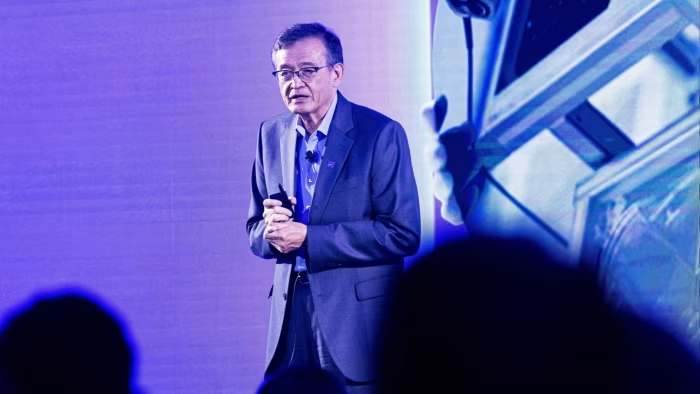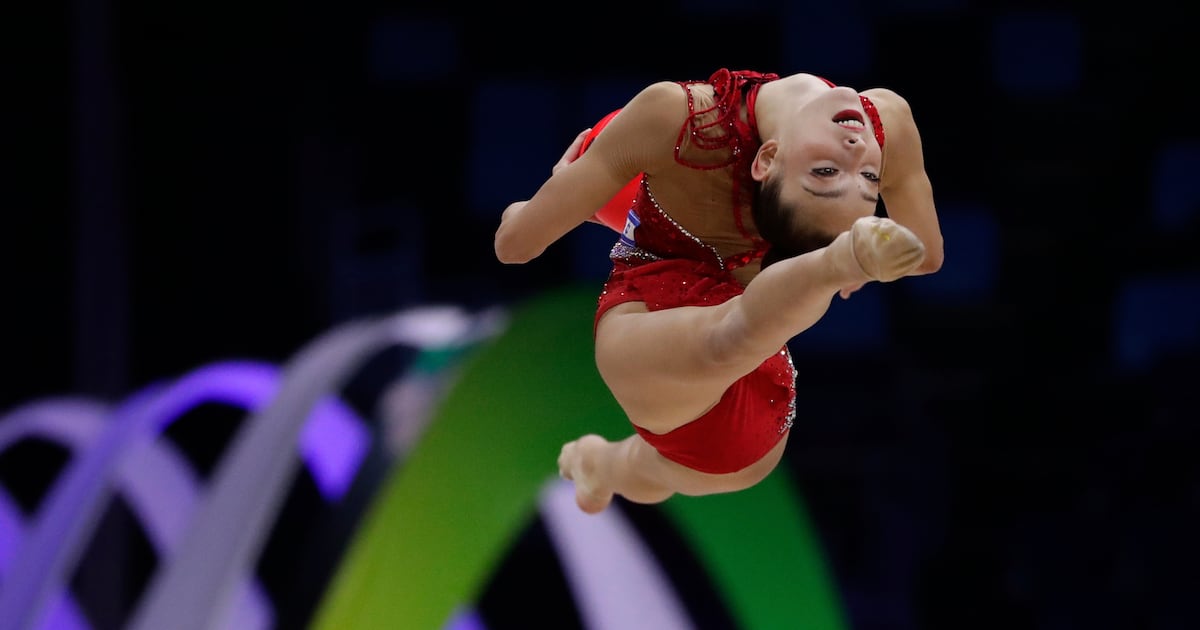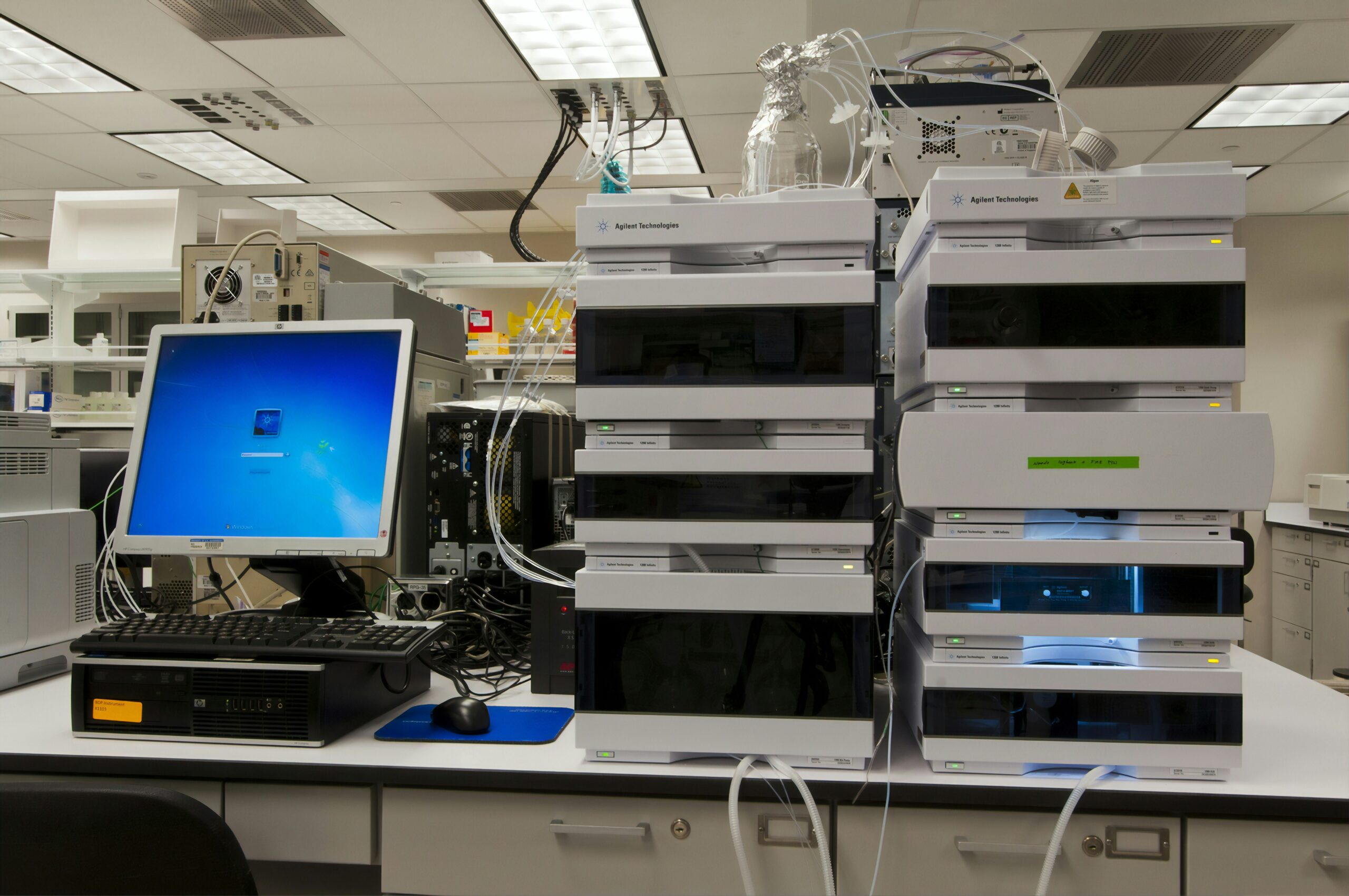Intel shares rose 6 per cent after the troubled chipmaker reported better than expected revenue, adding to its momentum following big investments from the Trump administration, Nvidia and Japan’s SoftBank.
The Santa Clara, California-based tech group reported revenue was $13.7bn, up 3 per cent year-on-year — beating Wall Street expectations of $13.1bn.
Intel expected revenue of between $12.8bn and $13.8bn for the fourth quarter, roughly in line with consensus estimates.
It said the trio of investments had strengthened its finances as it seeks to turn around its expensive effort to build advanced chip manufacturing in the US.
Chief financial officer David Zinsner said: “We took meaningful steps this quarter to strengthen our balance sheet, including accelerated funding from the US government and investments by Nvidia and SoftBank Group that increase our operational flexibility and demonstrate the critical role we play in the ecosystem.”
Intel also benefited from deals to sell stakes in specialist chip company Altera and automotive technology company Mobileye. Its upbeat guidance came despite losing income due to its smaller share of Altera.
It reported $4.3bn in net income, its first quarterly profit since 2023, following a record $17bn net loss a year ago resulting from restructuring and impairment charges.
Performance in Intel’s manufacturing business improved, with $4.2bn in revenue, as a result of greater efficiency in its chip foundries.
Personal computer chip sales, which have been relatively flat in recent quarters, also exceeded expectations, driven by upgrades to Microsoft’s operating system. It also cited a broader artificial intelligence-driven increase in demand for its PC and server products.
Intel’s gross margin improved to 40 per cent during the quarter — boosted by a return to in-house manufacturing. Margins had been eroded by outsourcing Intel’s most advanced manufacturing to Taiwan’s TSMC.
Intel is also trying to win giant chip clients such as Apple, Qualcomm and Nvidia back from TSMC. The manufacturing push has led to billions in losses.
Some analysts had expected Intel to sell the manufacturing unit. But Lip-Bu Tan, who was appointed chief executive in March, has faced pressure from the Trump administration to continue the US chipmaking push and has committed to holding the company together.
Intel shares had risen about 85 per in the six months leading up to Thursday’s earnings report. Investor confidence was boosted by the US government converting manufacturing grants into a 10 per cent equity stake in the company, which was followed by SoftBank buying $2bn in shares and Nvidia agreeing to a chip partnership and a $5bn investment.
But the influx of cash has not resolved Intel’s long-term problems. Ahead of Thursday’s announcement, Bernstein analysts said the company’s position was “still precarious”, with continued uncertainty about the future of its manufacturing business and ongoing losses in its core chip business, leading to a “very stretchy valuation”.
Intel also disclosed the extent of recent job cuts, saying it had shed almost 30 per cent of its staff in a year, as Tan seeks to cut out middle management layers he says have slowed its innovation.







